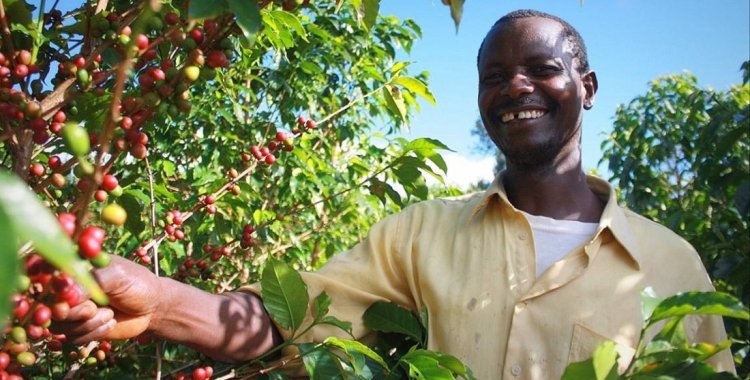According to the document, cited by Jornal de Angola, the list of the main countries buying Angolan coffee is led by Portugal, Spain and Lebanon. In terms of the value of shipments, the institute indicated that they stood at US$1.2 million.
The document also indicates that the current volume of exports, when compared to the colonial era, is still low. However, the institute says that since 2016 there have been positive results due to the entry of new production areas.
The INCA also made it known that it has registered 11 companies linked to coffee production, highlighting the farms Vissolela, Agrolider, MCA-Agro, Boa Esperança and Topoagro.
The country has registered, "in the last years, a migration of the productive area, as a result of the insertion of private companies in the coffee production", he revealed.
Regarding the operation of the factories that transform this grain, the institute clarified that most of them depended entirely on the State and, therefore, were not operating. According to INCA, the factories that are in operation "are under private control and are quite small in number.
Indicating that the internal consumption of coffee is still low, the institute reveals that this grain is already being used in the country to produce liqueurs.
The note also shows the difficulties that the coffee production sector has been experiencing. Among the main problems is the low number of people involved in the cultivation of this grain, which ultimately decreases productivity.
Despite the adversities, the institute showed confidence with the next coffee harvest, explaining that taking into account the favorable conditions observed and the entry into force of new areas, the production is expected to be over six thousand tons.
The country produces two types of coffee: robusta and arabica. According to the same newspaper, robusta coffee has been divided into four different categories, based on the ecosystem in which it is produced. There is the amboim (produced in Kwanza Sul), the Ambriz (grown in Uige, Bengo and Malanje), Cazengo (produced in Kwanza Norte and Bengo) and Cabinda, which as the name indicates, is grown in the province of Cabinda.
Arabica coffee production is centered in the provinces of Huambo, Benguela, Bié, Huíla and Cuanza Sul.







